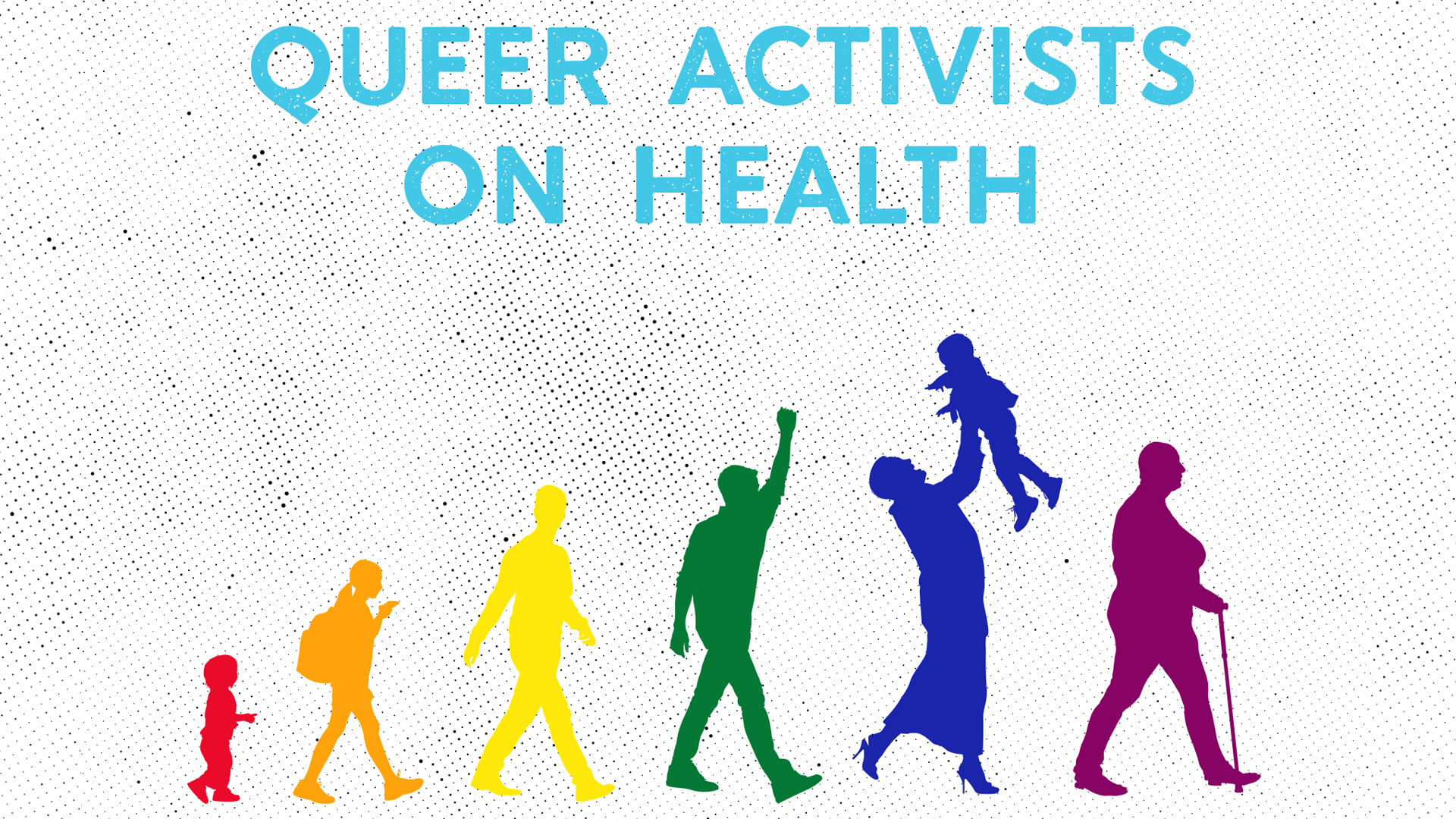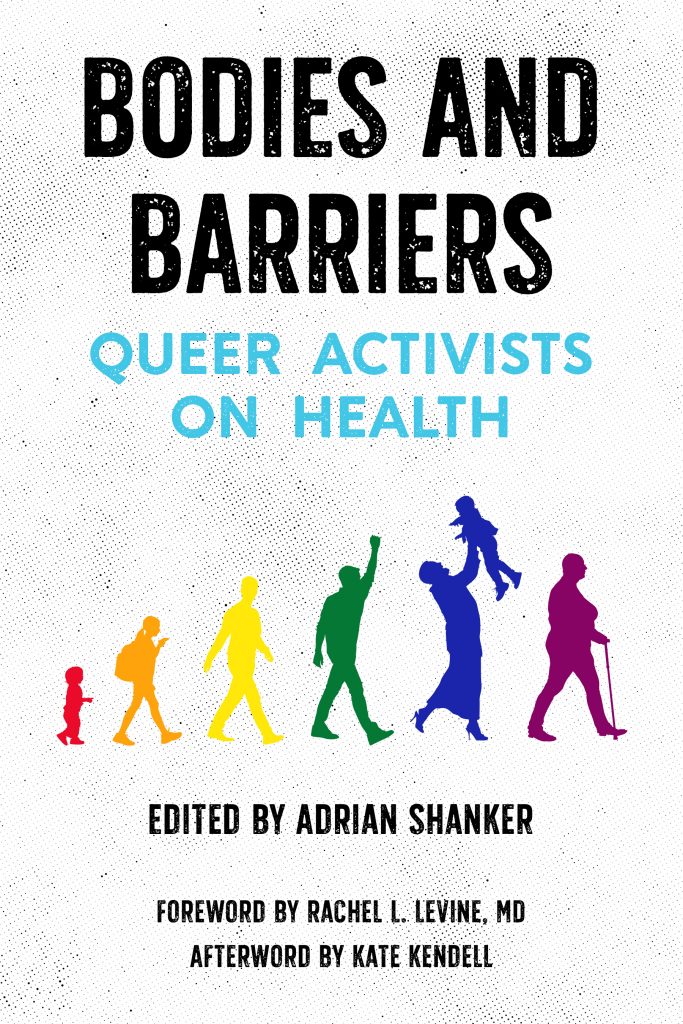By Terri Schlichenmeyer
The Meridian Star
May 9th, 2020
You woke up this morning feeling pretty good.
That was quite a relief: in these frightening, uncertain times, every day of wellness is a bonus – especially when you consider that healthcare for a gay, lesbian, bisexual, transgender, or queer patient can be different than what straight people require. Too bad healthcare providers don’t always know that. But read “Bodies and Barriers,” edited by Adrian Shanker, and you’ll feel more empowered to tell them.
If you were to look for books or articles that address health care issues for LGBTQ patients, you will likely find an abundance of it. The problem is, says Shanker, most of it was written by people who are not lesbian, gay, bisexual, transgender, or queer.
“Every person providing care for humans is providing care for LGBT humans,” he says, but it’s time that “Our stories about our bodies” be told. And so here, they are…
For the youngest LGBTQ patients, physical and mental healthcare may be different than for their heterosexual peers, and it’s different than that which LGBTQ adults may need. Socially, for example, kids struggle with issues that adults are better-equipped to handle. Parents, as one story indicates, can be the best allies of all.
Young adults likewise have issues that seem tied to their age and vulnerability. Homelessness can exacerbate health issues (and vice versa); teens may suffer from depression, suicidal notions, and bullying. Healthcare needs may extend to the dangers of “sex in the digital age” and a lack of maturity. Because of their youth, LGBTQ teens also need help with learning “social service navigation.”
Habits such as alcohol and other addictions may be of issue to LGBTQ adults seeking good healthcare, but doctors sometimes don’t know what tests to ask for. They may be uninformed about caring for someone with bisexual or same-sex preferences, or who’s transitioned. They may have a “stigma” about HIV or be unaware of cancers that particularly plague LGBTQ individuals. As a gay, lesbian, bisexual, or transgender adult, being your own, highly vocal advocate is key.
One thing is for certain: “Bodies and Barriers” is timely – not because Covid-19 treatment is based on sexuality but because other maladies that may arise are, and since healthcare is on your mind anyhow, this book is invaluable.
Through a series of variously-authored essays, broken into sections based on age, editor Adrian Shanker offers a chorus of voices that display a variety of viewpoints and frustrations that could perhaps ultimately teach healthcare workers a thing or two. Readers shouldn’t be surprised to note resignation in these stories, or the occasional bit of anger and outrage, but there are also plenty of essays that impart a calm but determined tone. It’s in these that an LGBTQ reader will find comfort, camaraderie, and a way to speak up.
Be forearmed with information, and beware. Know how to demand from your doctor that which you need, and don’t leave without it. Wash your hands, don’t touch your face, and read “Bodies and Barriers.” Having this book feels pretty good.
“Bodies and Barriers: Queer Activists on Health,” edited by Adrian Shanker, foreword by Rachel L. Levine, MD, afterword by Kate Kendell, 208 pages, c. 2020, PM Press $20.
• Terri Schlichenmeyer of The Bookworm Sez is a self-syndicated book review columnist. Schlichenmeyer’s reviews include adult and children books of every genre. You may contact her at bookwormsez@ yahoo.com
Adrian Shanker is an award-winning activist and organizer whose career has centered on advancing progress for the LGBT community. He has worked as an arts fundraiser, labor organizer, marketing manager, and served as President of Equality Pennsylvania for three years before founding Bradbury-Sullivan LGBT Community Center in Allentown, PA, where he serves as executive director. An accomplished organizer, Adrian has led numerous successful campaigns to advance LGBT progress through municipal nondiscrimination and relationship recognition laws and laws to protect LGBT youth from conversion therapy. A specialist in LGBT health policy, he has developed leading-edge health promotion campaigns to advance health equity through behavioral, clinical, and policy changes.







